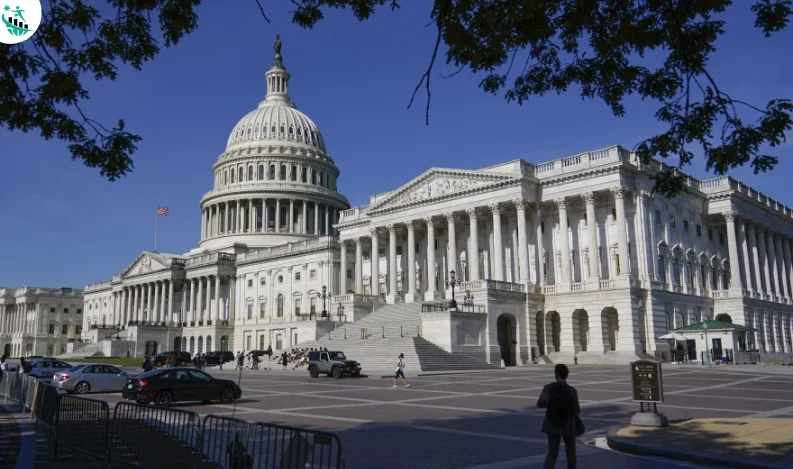
Why a US Government Shutdown Would Rock the World Economy
Dubai: The world's biggest economy, the United States, is again on the brink of a government shutdown. Without an agreement, most of the federal government will shut down, putting hundreds of thousands of workers out of pocket and pushing back key economic numbers the world has come to rely on.
For Americans, shutdowns routinely translate to closed national parks, delayed services, and uncertain finances for families reliant on government paychecks. But their reach extends much farther than US borders. Economists calculate that each week of closure reduces growth by about 0.1% on a quarterly basis, and the record 35-day shutdown in 2018–19 shaved output by almost 0.4%. Markets have previously survived such instances, and equities usually regain ground, but the timing here makes it much riskier.
The US economy is already under strain. Job growth has slowed dramatically, inflation is still stubborn, and consumer confidence is low. A shutdown would bring the issuance of vital reports like employment numbers to a standstill, reports the Federal Reserve relies on to set interest rates. Without them, the Fed must work in the dark, increasing the likelihood of policy errors at a critical time.
The global spillover may occur through a number of channels. The US dollar and Treasury bonds are the benchmarks of markets everywhere. A weak dollar would push up oil prices, benefiting exporters such as the UAE but also driving global inflation. Investors might temporarily migrate to safe alternatives such as gold or bonds, while credit-rating agencies might once again raise new concerns about America's fiscal health, injecting uncertainty into already nervous markets. Most damaging of all is the loss of faith; the long Washington political deadlock erodes confidence in the world's biggest economy.
For the UAE and the rest of the Gulf, the risks are personal. Oil income, denominated in dollars, is vulnerable to currency fluctuations. The UAE dirham peg to the dollar ensures that any change in US monetary policy translates directly into domestic interest rates. Dubai and Abu Dhabi investor moods also track Wall Street, exposing the Gulf to the chaos emanating from Washington.
There have been 20 US shutdowns since 1977, the majority of which have lasted slightly more than a week. History tells us that eventually, lawmakers will come to an agreement, but today's partisanship makes the outcome more uncertain. Experts warn of little lasting economic damage if the standoff is brief, but the longer it persists, the more risks there are to American stability and the global economy.



Recent Comments:
No comments yet.